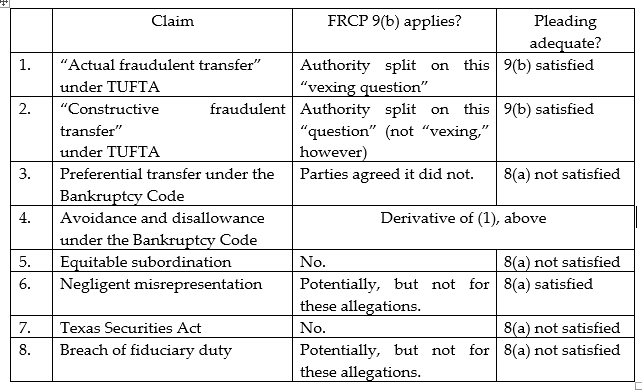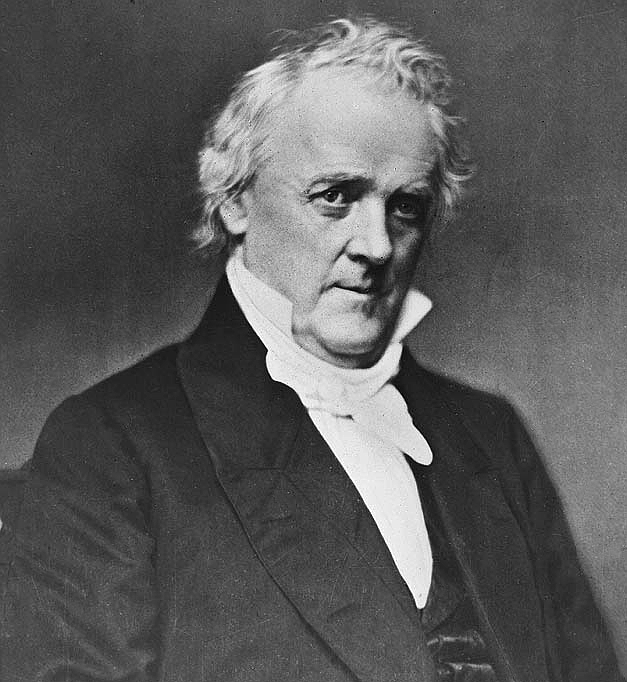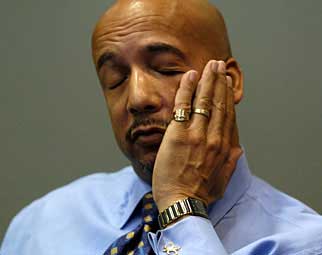 Hard-fought litigation about reform to Texas’s foster-care system led to an injunction, an appeal, a limited remand to revise the injunction, and a renewed appeal. The panel majority affirmed in part and reversed in part, finding, inter alia: (i) the revised injunction exceeded the mandate of the limited remand; (ii) that a requirement affirmed in the appeal was, upon further review, in fact unnecessary; and (iii) that a provision about data use required additional confidentiality safeguards.
Hard-fought litigation about reform to Texas’s foster-care system led to an injunction, an appeal, a limited remand to revise the injunction, and a renewed appeal. The panel majority affirmed in part and reversed in part, finding, inter alia: (i) the revised injunction exceeded the mandate of the limited remand; (ii) that a requirement affirmed in the appeal was, upon further review, in fact unnecessary; and (iii) that a provision about data use required additional confidentiality safeguards.
A strong dissent protested the overall lack of deference to the district court’s discretion, focusing in particular on a provision about “an integrated computer system to rationalize record keeping.” It argued that by vacating that provision, “the majority completes its walk away from the district court’s interlaced remedial scheme, taking away provisions essential to its success . . . a decision flawed by the evidence and controlling legal principles.” The dissent further observed: “[The State’s] reflexive resistance to the federal district court’s remedial orders–both direct confrontation and a refusal to cooperate or otherwise participate in the crafting of a response–bespeaks a view of our federalism inverted to look past the unchallenged finding of this court of the State’s deliberate indifference to the constitutional rights of PMC children . . . .” M.D. v. Abbott, No. 18-40057 (July 8, 2019).















































